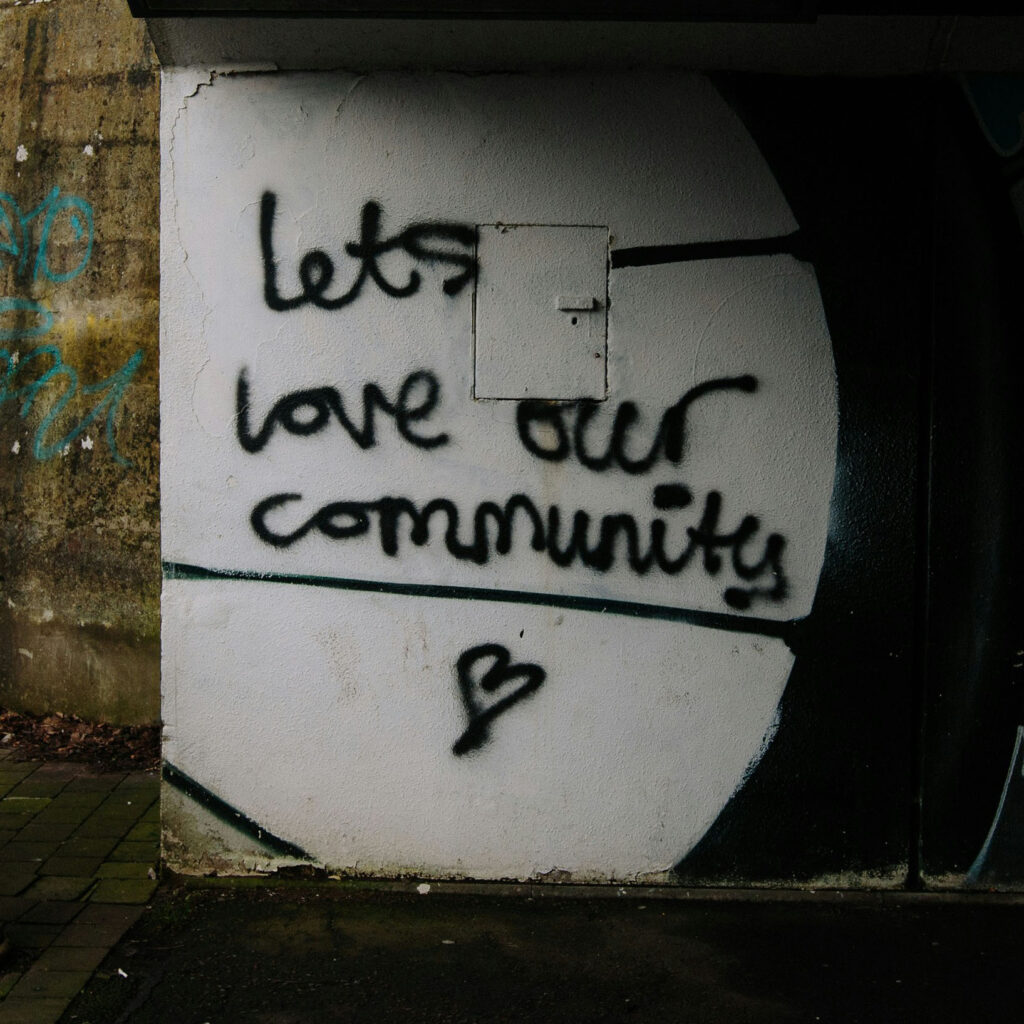Home » Welcome News
Community Sponsorship changes lives—not just for the refugees who find safety and a fresh start, but for the sponsors who welcome them. Your stories of resilience, friendship, and transformation are powerful. By sharing your journey, you inspire others to step forward, helping more refugees find the support they need. Whether it’s a moment of connection, a challenge overcome, or a celebration of success, your experience can spark action and grow this movement. Join us in spreading the word—tell us your story today and help us show what’s possible when communities come together!

Read all news and insight from our initiatives
See coverage of Reset UK in the press and media
Find out how Community Sponsorship helps refugee families in need build a new life in the UK with confidence and dignity.
Make an extraordinary difference to the lives of people who have lost everything by signing up to our (free) Landlords for Refugees register.
Not everyone can donate their time, so if you are choosing to donate money today instead or as well as, thank you. Your generosity is vital to the work we do support community-led welcome of refugees.
Help others by sharing your account. Why were you attracted to community-led welcome? What worked, what did you learn, what has the experience been like for you?
Reset empowers volunteers to welcome refugees into communities across the UK. Find out about us and the kinds of programmes we’ve been involved with.
Research, monitoring and evaluation are essential for making evidence-based decisions that will support Community Sponsorship to grow and flourish.
Sponsoring a refugee family is a significant responsibility. We advocate for Community Sponsors to ensure that they are properly supported throughout their journey.
Our advocacy focuses on representing the views of Community Sponsors to the Home Office to support them in implementing the necessary operational changes.
We also represent the views of Community Sponsors to other key stakeholders, including Local Authorities, international organisations, the wider resettlement field, housing providers and financial institutions. We also use our voice to campaign on policies affecting refugees. We are members of the Together With Refugees coalition, campaigning for a more humane approach to people seeking protection in the UK.